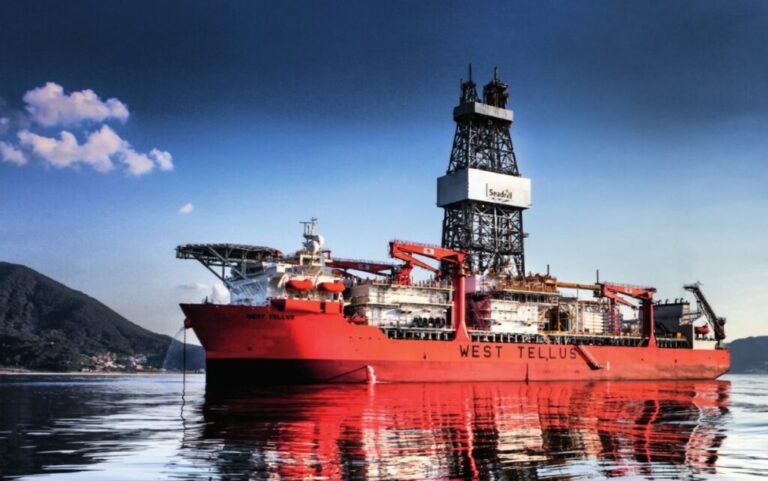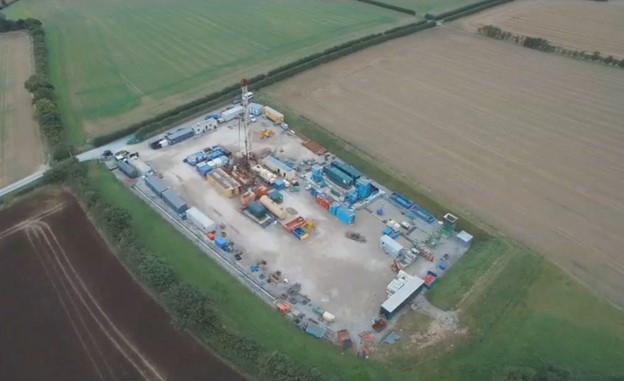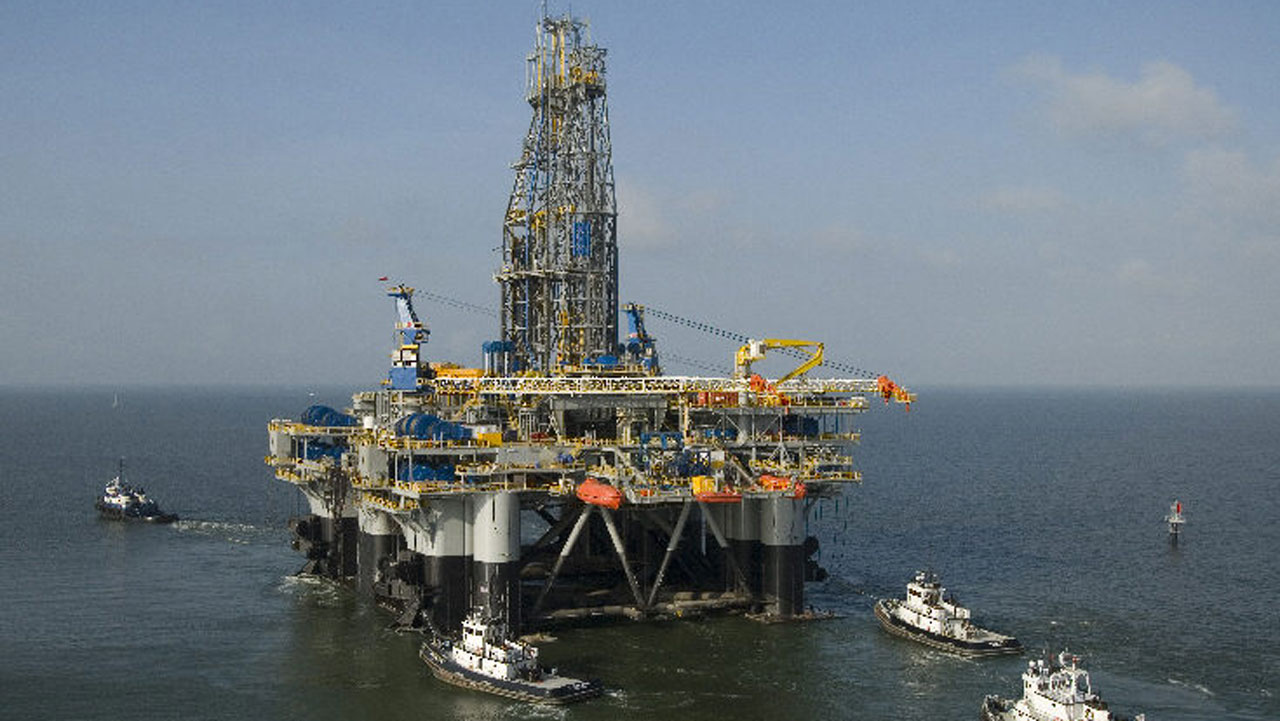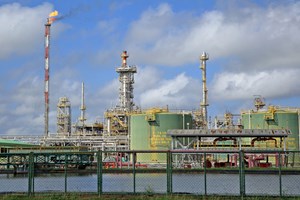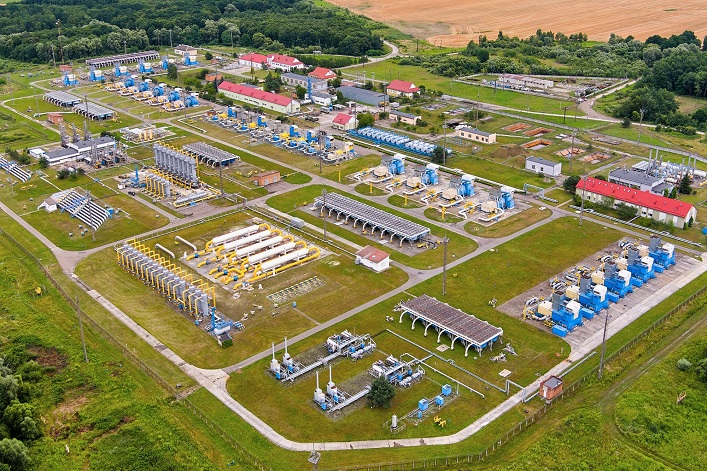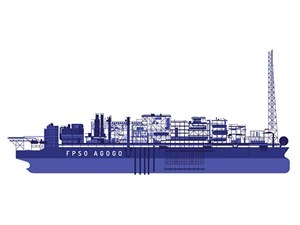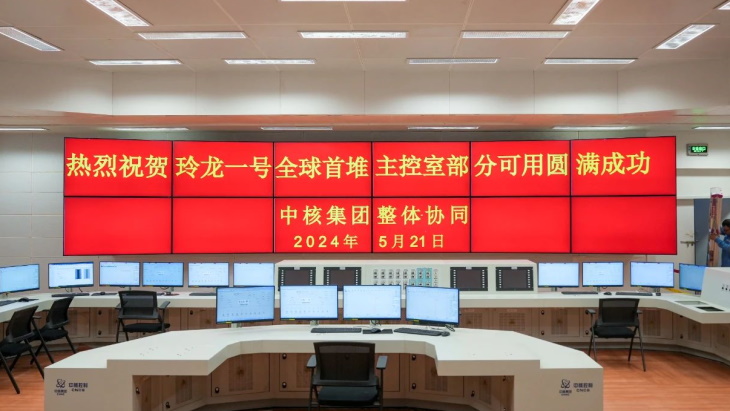
CNNC said that, with the establishment of part of the digital control system (DCS) network - the 'nerve centre' of nuclear power plant operation, the first on-site measurement signal was displayed on the main control screen.
The main control room of the ACP100 - referred to as the Linglong One - adopts a large wall-mounted monitoring screen for the first time, the company said, adding that this design greatly optimises the space of the main control room.
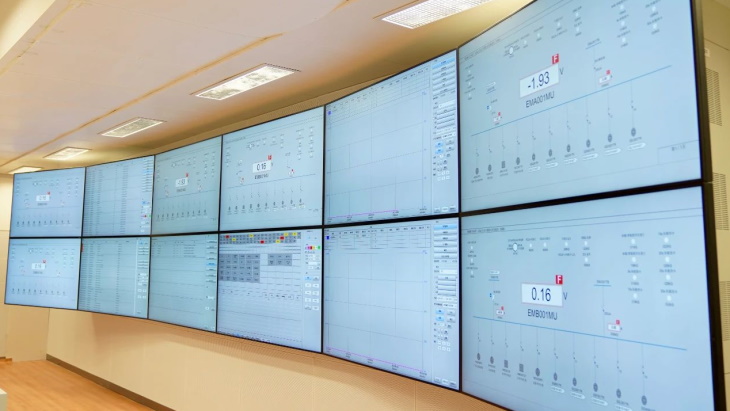
The control room's wall-mounted monitoring screen (Image: CNNC)
The DCS system for the ACP100 adopts two domestically-developed platforms: the Dragon Scale platform (safety level) and Dragon Fin platform (non-safety level). The Dragon Scale platform can realise reactor safety control under various working conditions and ensure the safe operation of the nuclear power plant. Meanwhile, the Dragon Fin platform is responsible for operation and management and is an important guarantee for the efficient and economical operation of the nuclear power plant. Between them, the two platforms control hundreds of systems within the nuclear power plants, nearly 10,000 equipment operations and various operating conditions.
The first cabinet of the DCS system was moved into place on 10 April, followed by installation and debugging work.
CNNC announced in July 2019 the launch of a project to construct an ACP100 reactor at Changjiang. The site is already home to two operating CNP600 pressurised water reactors (PWRs), while the construction of the two Hualong One units began in March and December 2021. Both those units are due to enter commercial operation by the end of 2026.
First concrete for the ACP100 was poured on 13 July 2021, with a planned total construction period of 58 months. Equipment installation work commenced in December 2022 and the main internal structure of the reactor building was completed in March 2023.
Under development since 2010, the 125 MWe ACP100 integrated PWR's preliminary design was completed in 2014. In 2016, the design became the first SMR to pass a safety review by the International Atomic Energy Agency.
Once completed, the Changjiang ACP100 reactor will be capable of producing 1 billion kilowatt-hours of electricity annually, enough to meet the needs of 526,000 households. The reactor is designed for electricity production, heating, steam production or seawater desalination.
The project at Changjiang involves a joint venture of three main companies: CNNC subsidiary China National Nuclear Power as owner and operator; the Nuclear Power Institute of China as the reactor designer; and China Nuclear Power Engineering Group being responsible for plant construction.
